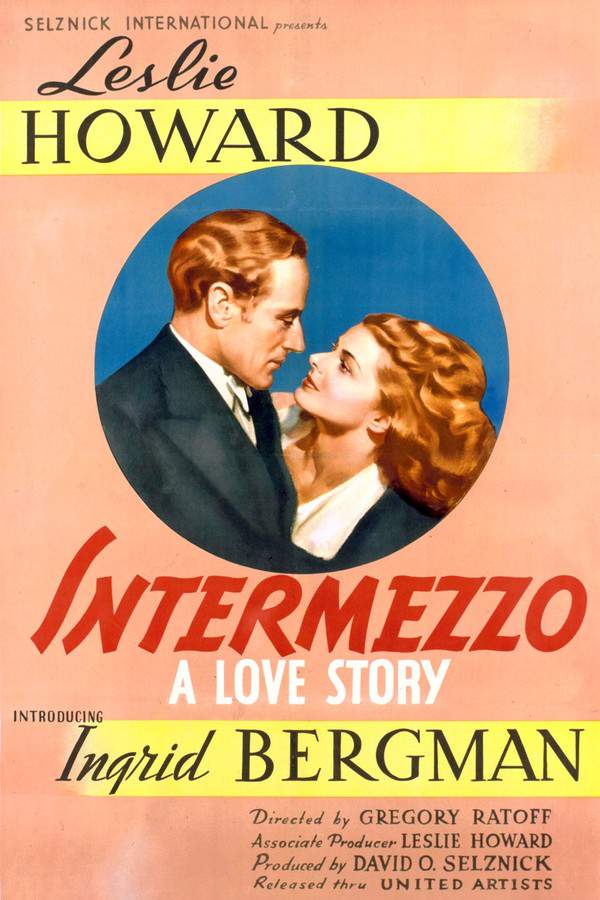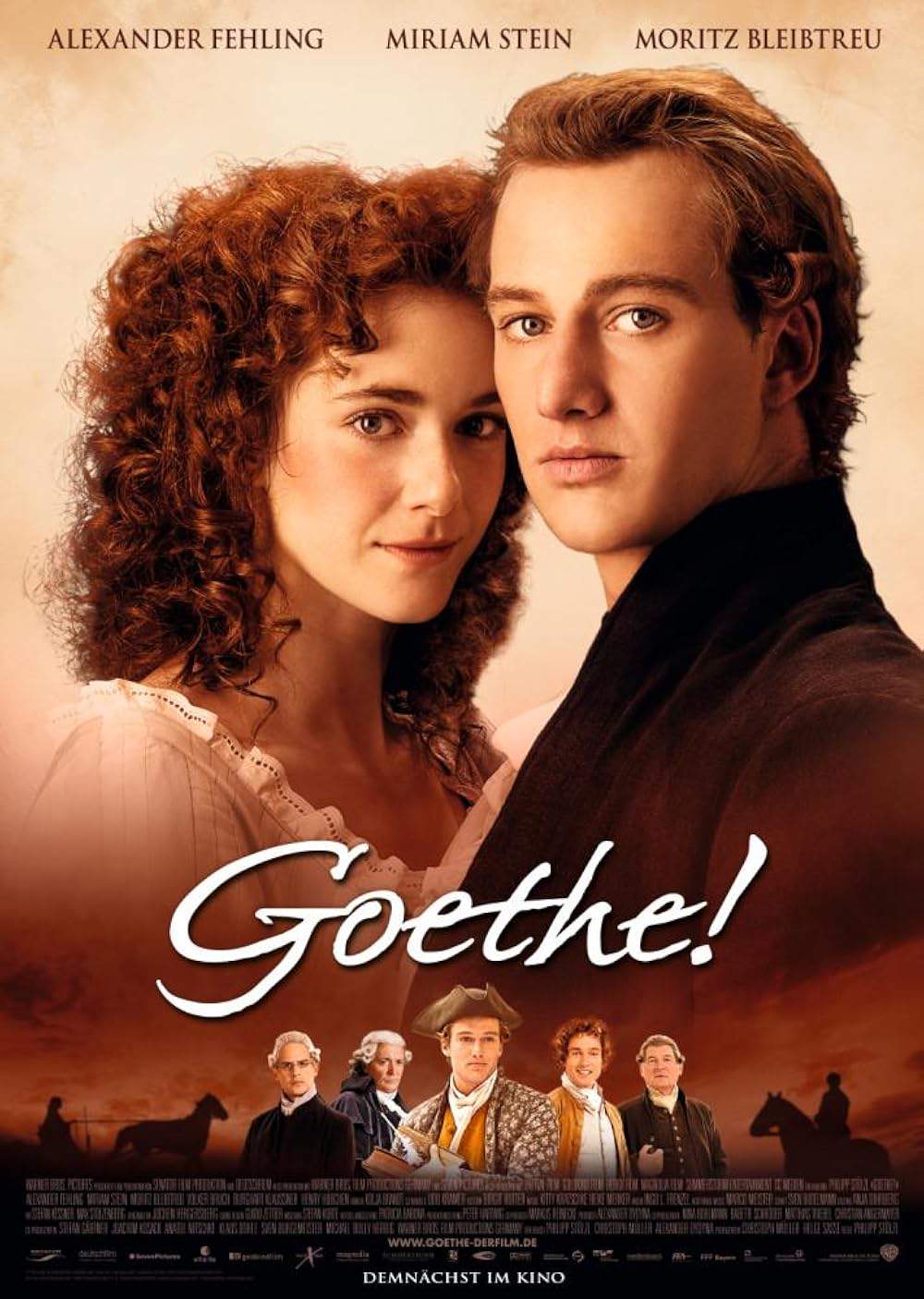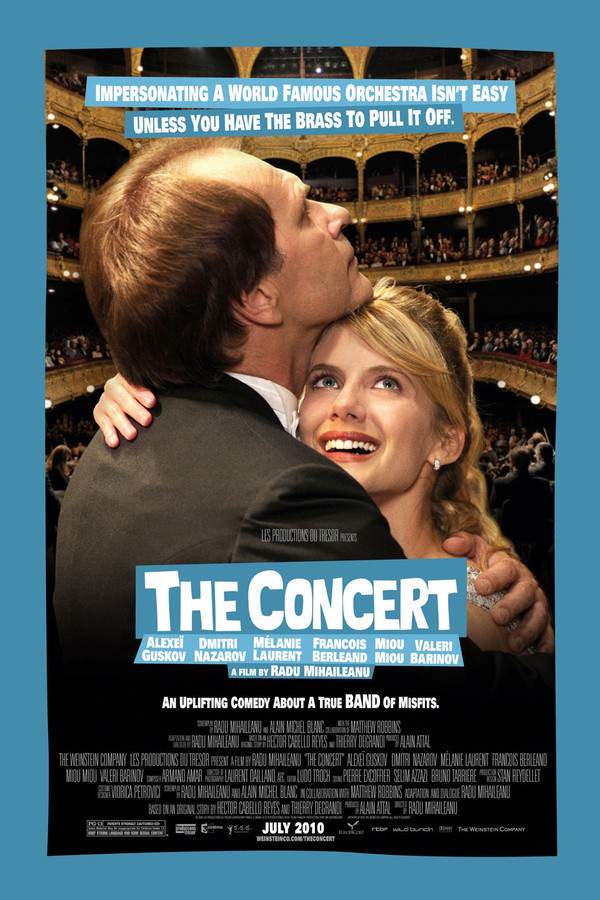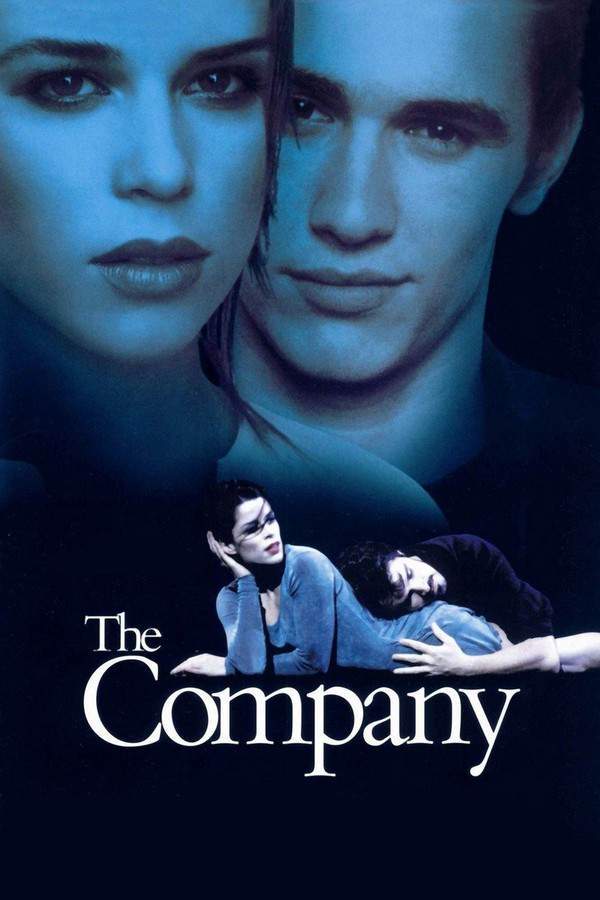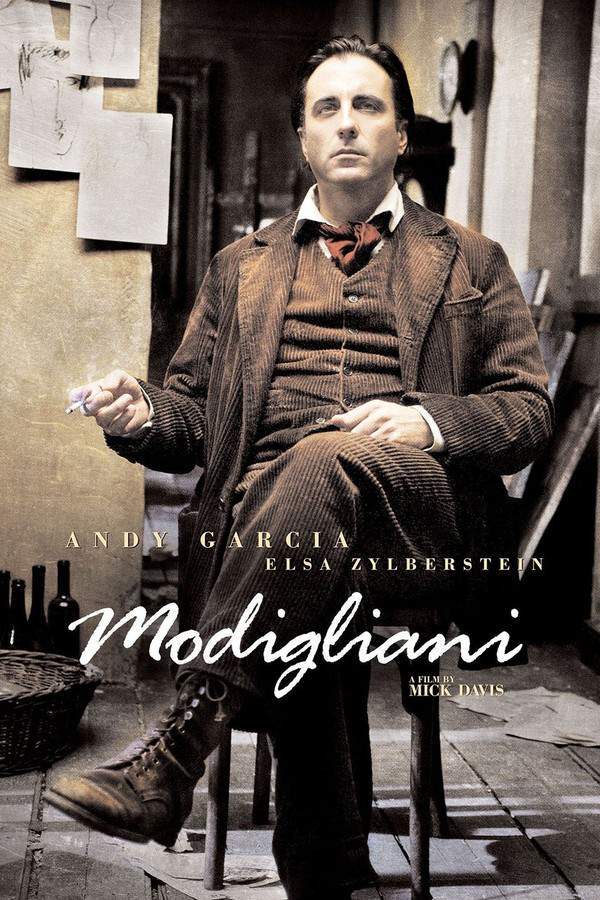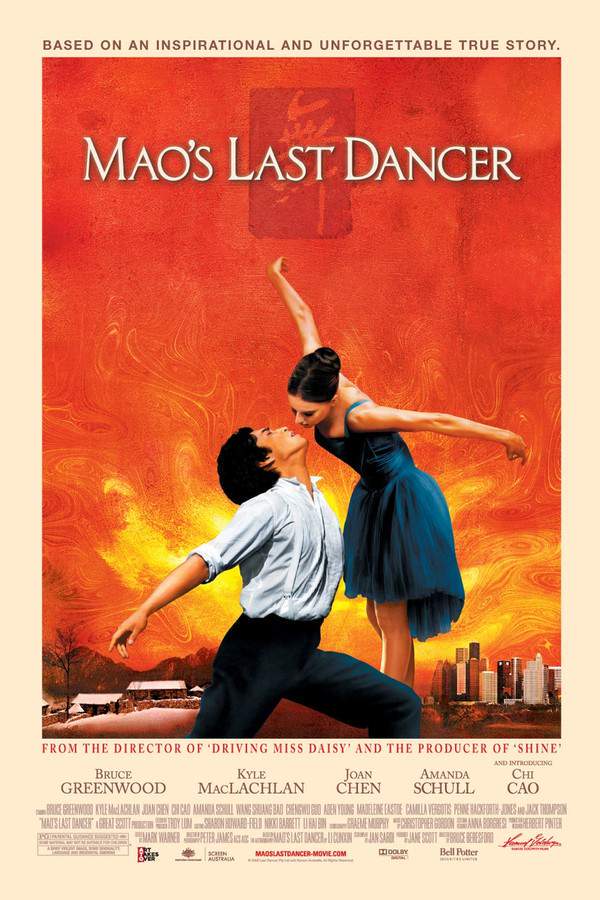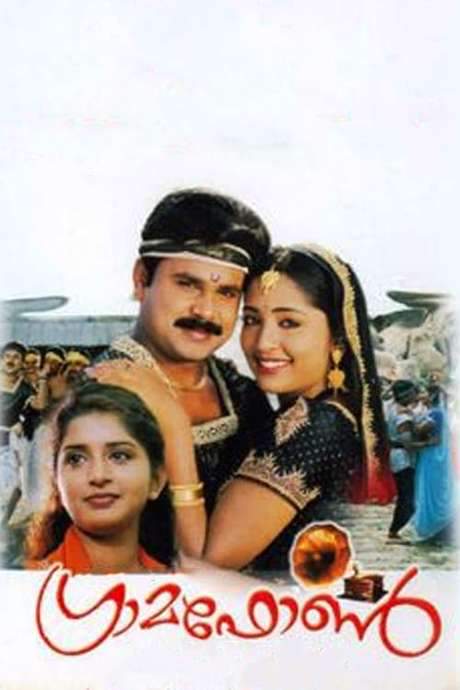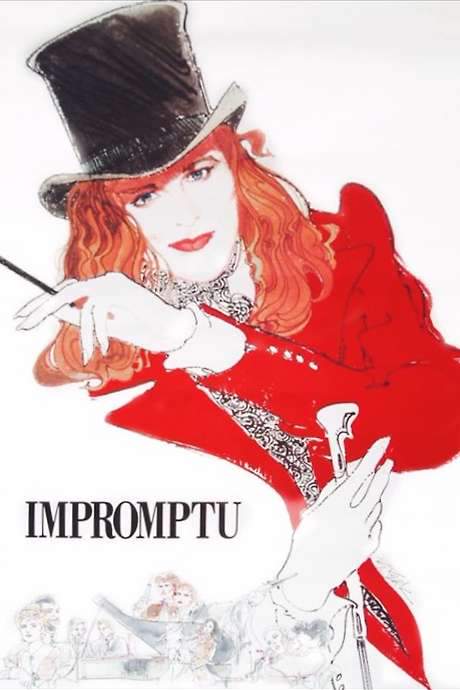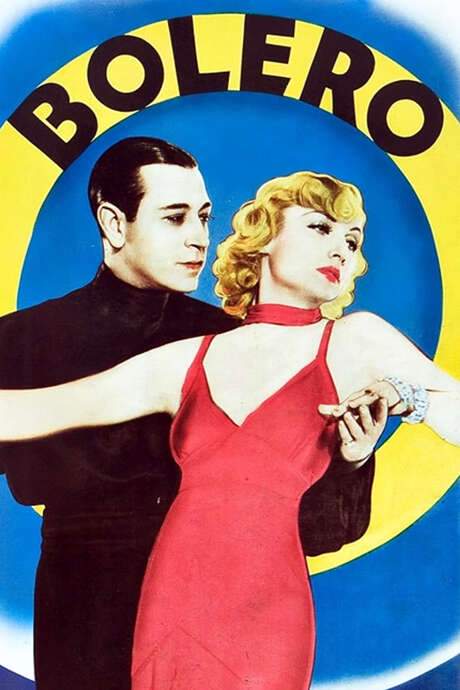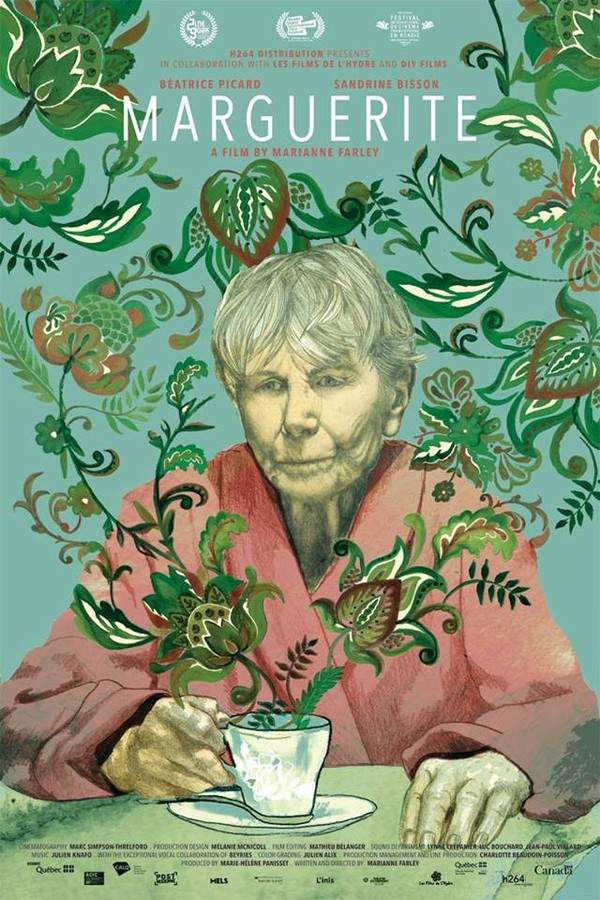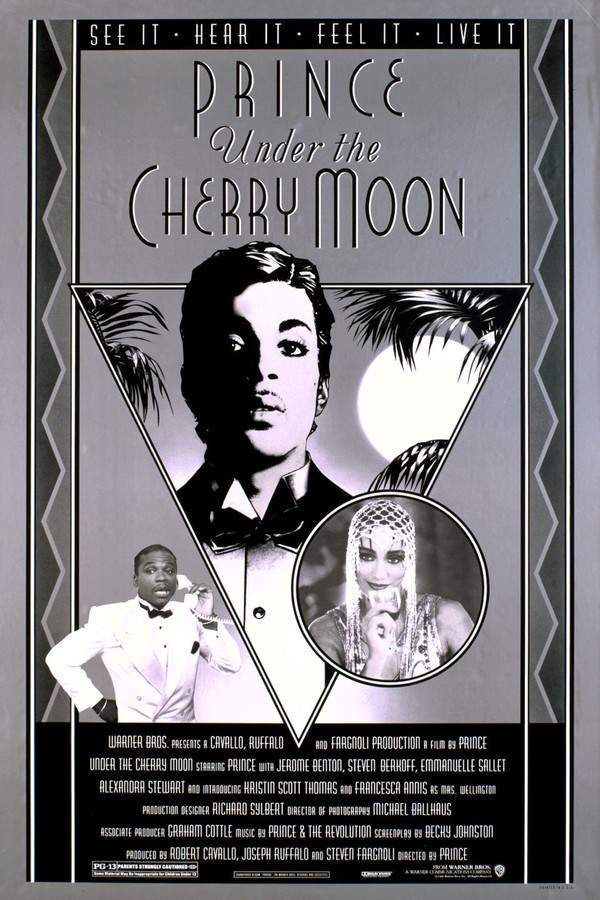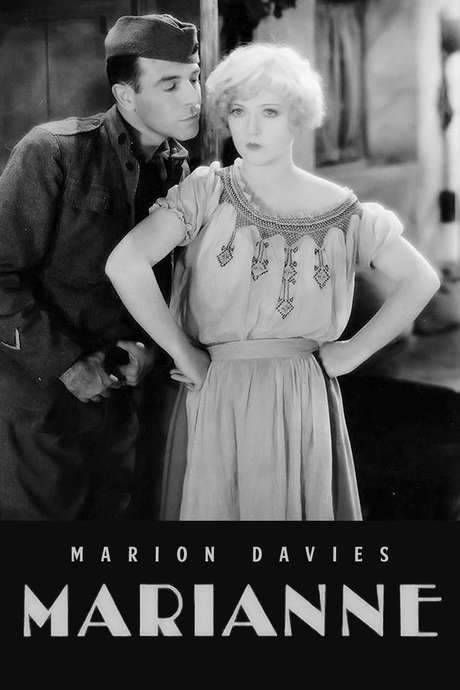
Marjorie Morningstar
Year: 1958
Runtime: 123 mins
Language: English
Director: Irving Rapper
While working as a counselor at a summer camp, college student Marjorie Morgenstern falls for 32‑year‑old Noel Airman, an aspiring dramatist at a nearby theater. Both are New York Jews, but Noel has strayed from his roots and lacks a stable profession, prompting her parents' disapproval. Though Noel says she is too naive and conventional, they fall in love, forcing Marjorie to choose between love and a star‑spanged career.
Warning: spoilers below!
Haven’t seen Marjorie Morningstar yet? This summary contains major spoilers. Bookmark the page, watch the movie, and come back for the full breakdown. If you're ready, scroll on and relive the story!
Marjorie Morningstar (1958) – Full Plot Summary & Ending Explained
Read the complete plot breakdown of Marjorie Morningstar (1958), including all key story events, major twists, and the ending explained in detail. Discover what really happened—and what it all means.
Marjorie Morgenstern is a student at Hunter College and the girlfriend of a young man named Sandy Lamm Ed Byrnes, who attends her family’s synagogue. Her parents, especially her mother Rose Morgenstern Claire Trevor, are hopeful about the match, imagining a future where their children marry and continue the family line. Marjorie’s father, Arnold Morgenstern Everett Sloane, shares that dream with quiet enthusiasm, while Rose’s warmth and optimism frame the summer as a time of potential for blessing and stability. The tone is affectionate, but there’s an undercurrent of tension: Marjorie and her family are navigating tradition, expectation, and a sense that something more individual and risky might lie beyond the familiar path.
When the engagement with Sandy ends after he proposes unsuccessfully, Marjorie heads to the Catskills for the summer, working as a camp counselor at a resort town that feels both playful and morally charged. It’s here, at a lively Borscht Belt retreat called South Wind, that a different world opens up for her. One night, she and her friend Marsha Zelenko Carolyn Jones slip away to an adults’ resort section, and Marjorie finds herself stumbling into a rehearsal for a dance routine. The spectacle catches the eye of Noel Airman Gene Kelly, the resort’s social director, who is part mentor, part seducer with a complex past and big ambitions. Noel’s presence unsettles the careful plan her parents have in mind; he is a charming, dangerous blend of artistic hunger and a stubborn refusal to settle into conventional life.
Noel’s influence is complicated by a budding friendship with the aspiring playwright Wally Wronkin Martin Milner, who writes Airman’s stage act and harbors his own quiet romantic interest in Marjorie. The dynamic is sharpened by Noel’s charisma and by Wally’s own longing for recognition—an alchemy that promises both artistic possibility and personal upheaval. As Marjorie is drawn toward Noel, the resort scene becomes a microcosm of broader questions: what does it mean to choose a path that defies family expectations, and how does love navigate a tension between desire, art, and the lure of a respectable life?
The relationship soon crystallizes into a high-stakes question of future, freedom, and faith. Noel is a former law student who has ditched the traditional route in favor of art and self-definition, and he renames Marjorie Morgenstern to Morningstar, signaling a shift in identity and expectations. Uncle Samson [Ed Wynn], ever the watchful family guardian, journeys to the resort to keep an eye on Marjorie and to remind everyone of the importance of moral boundaries. He intervenes as a waiter to lecture Noel about the character and vulnerability of a young woman still shaping her sense of self. Noel, confronted with the weight of responsibility and the peril of exploiting a listener’s youth, backs off in the moment, but the flirtation endures in a way that unsettles Marjorie’s sense of self and of what her family wants from her.
The summer’s tone shifts again when Marjorie’s parents appear for a surprise visit, bringing a testy lunch where Noel’s future plans—his career, his willingness to compromise, and his stance toward faith and tradition—are put under a bright, uncomfortable glare. The talk exposes a rift: Noel resents being pushed toward a conventional, suburban life; he views the path his parents imagine as a trap. The fault line widens when the party is interrupted by Noel’s own emotional volatility and a moment of decision that reveals just how deeply he wants to escape the ordinary.
The summer’s rhythm breaks when Marjorie’s Uncle Samson falls ill and then dies during a moment of Noel’s distraction and pursuit. Marjorie feels a crushing sense of guilt, the weight of responsibility bearing down as Noel retreats to the city. The personal cost of romantic risk becomes a hard, visible truth: the summer’s passion has unintended consequences, and the lovers drift apart as the days grow shorter.
Back in New York, Marjorie completes her Hunter College education and begins a new chapter with a steady but conventional path. She dates a doctor named Harris [Martin Balsam], a man who seems solid enough, but the relationship falters as Noel reappears—this time convinced that he has found the right balance between art and a more “normal” life. Noel’s declaration that he loves Marjorie presses against the fear that a stable love might erase the very thing that drew them together: the hunger for a larger, riskier life. Marjorie’s mother confronts the reality head-on, pressing for a future that includes marriage, faith, and the family’s traditions.
A Passover meal scene becomes a fulcrum moment, where Marjorie’s choices—and her mother’s vision of a cohesive Jewish family—collide with Noel’s increasingly earnest, if still unsettled, longing. Marjorie asserts her own stance, and her mother presses back with a question that is both intimate and cultural: how will their children be raised, and what kind of life will be demanded of them? The exchange is at once intimate and universal, a clash of generations, expectations, and the promise or peril of breaking with inherited norms.
Noel’s own arc advances as he pursues a path that seems to fuse artistic daring with professional risk. The investment in Wally Wronkin’s play marks a decisive turn toward a broader stage, but the project provokes harsh scrutiny rather than triumph. The investors and Noel clash over an ending that feels bleak to them, and Noel finally proclaims his independence in a moment of frustrated anger: the creative impulse may be noble, but it can be doomed if it refuses to adapt to the market. The project is panned by critics, and Noel’s retreat becomes a private flight rather than a public victory. Marjorie’s attempt to hold onto love through compromise is tested to its limits, and she ultimately faces the painful truth that romance cannot always align with the demands of faith, family, and career.
Despite the heartbreak and the lessons learned, the story circles back toward the possibility of a future that reconciles longing with responsibility. Noel bolts to Europe after a dramatic departure, and Marjorie follows—first in a search for him, then in a quiet act of self-discovery that culminates in a return to the resort where their summer began. In London, she encounters Wally, who explains that Noel is back at South Wind and that a different version of their summer waits to unfold. The narrative hints at a hopeful pivot: a mature decision to pursue a relationship that has endured but evolved, with a partner who can share both the joys of art and the responsibilities of life.
Back at South Wind, the atmosphere has shifted, even if the setting remains familiar. Marjorie watches Noel rehearse a new summer show with a more tempered intensity, aware that she has grown beyond the person who first wandered into this world. The final image is at once intimate and open-ended: in the rearview mirror, Wally sits in the back, suggesting that the path toward love has always included him in some form, and that the relationship Marjorie sought may finally be finding its own steady footing. The film closes on a note of quiet possibility, a subtle promise that the next chapter—rooted in experience, faith, and a tempered sense of self—might be ready to begin.
“I wasn’t bored. I was disturbed, deeply. I couldn’t help thinking of all the things I’ve missed in life. Family, your kind of family. Faith, tradition. All the things I’ve been ridiculing all the time. That’s why I couldn’t take it anymore. I love you very much, Marjorie Morgenstern.”
Last Updated: October 09, 2025 at 10:46
Explore Movie Threads
Discover curated groups of movies connected by mood, themes, and story style. Browse collections built around emotion, atmosphere, and narrative focus to easily find films that match what you feel like watching right now.
Bittersweet coming-of-age romance movies like Marjorie Morningstar
Stories of first love and self-discovery that leave a poignant, bittersweet mark.If you liked the poignant first love story in Marjorie Morningstar, explore these movies about youthful romance and self-discovery. These films share a bittersweet tone, exploring the conflict between passion and expectation, and often feature endings that are hopeful yet tinged with the pain of growth.
Narrative Summary
The narrative typically follows a young protagonist encountering a charismatic but perhaps unsuitable love interest. The central conflict involves choosing between the security of tradition and the thrilling risk of passion. The arc is one of maturation, where the idealism of first love is tempered by reality, resulting in a bittersweet but ultimately wise conclusion.
Why These Movies?
Movies are grouped here for their shared focus on the emotional crucible of first love, their melancholic and reflective tone, and their bittersweet conclusions that acknowledge both loss and growth. They prioritize character-driven emotional journeys over plot-heavy mechanics.
Movies about artistic ambition and convention like Marjorie Morningstar
Character dramas about the tension between creative dreams and societal expectations.Find movies similar to Marjorie Morningstar that explore the tension between artistic dreams and a conventional life. These character-driven dramas often involve generational conflict and a nostalgic, reflective mood, posing difficult questions about passion, security, and personal fulfillment.
Narrative Summary
The narrative pattern involves a protagonist, often young, drawn to a charismatic artist or the artistic life itself, which clashes with the values of their family or social background. The story explores the allure and instability of creativity versus the comforts and constraints of tradition, rarely offering a simple resolution.
Why These Movies?
These films are connected by their central thematic conflict between art and convention, their focus on character-driven dilemmas, and their often reflective, sentimental mood. They examine the price of dreams and the weight of expectation.
Unlock the Full Story of Marjorie Morningstar
Don't stop at just watching — explore Marjorie Morningstar in full detail. From the complete plot summary and scene-by-scene timeline to character breakdowns, thematic analysis, and a deep dive into the ending — every page helps you truly understand what Marjorie Morningstar is all about. Plus, discover what's next after the movie.
Marjorie Morningstar Timeline
Track the full timeline of Marjorie Morningstar with every major event arranged chronologically. Perfect for decoding non-linear storytelling, flashbacks, or parallel narratives with a clear scene-by-scene breakdown.

Characters, Settings & Themes in Marjorie Morningstar
Discover the characters, locations, and core themes that shape Marjorie Morningstar. Get insights into symbolic elements, setting significance, and deeper narrative meaning — ideal for thematic analysis and movie breakdowns.

Marjorie Morningstar Spoiler-Free Summary
Get a quick, spoiler-free overview of Marjorie Morningstar that covers the main plot points and key details without revealing any major twists or spoilers. Perfect for those who want to know what to expect before diving in.

More About Marjorie Morningstar
Visit What's After the Movie to explore more about Marjorie Morningstar: box office results, cast and crew info, production details, post-credit scenes, and external links — all in one place for movie fans and researchers.

Similar Movies to Marjorie Morningstar
Discover movies like Marjorie Morningstar that share similar genres, themes, and storytelling elements. Whether you’re drawn to the atmosphere, character arcs, or plot structure, these curated recommendations will help you explore more films you’ll love.
Explore More About Movie Marjorie Morningstar
Marjorie Morningstar (1958) Scene-by-Scene Movie Timeline
Marjorie Morningstar (1958) Movie Characters, Themes & Settings
Marjorie Morningstar (1958) Spoiler-Free Summary & Key Flow
Movies Like Marjorie Morningstar – Similar Titles You’ll Enjoy
Marguerite (2016) Film Overview & Timeline
Under the Cherry Moon (1986) Plot Summary & Ending Explained
Look for the Silver Lining (1949) Complete Plot Breakdown
Myrt and Marge (1933) Movie Recap & Themes
Brief Moment (1933) Detailed Story Recap
Marianne (1929) Movie Recap & Themes
Morning Glory (1933) Spoiler-Packed Plot Recap
Marianne Bouquet (1972) Story Summary & Characters
My Past (1931) Full Movie Breakdown
Gentlemen Marry Brunettes (1955) Complete Plot Breakdown
Joy of Living (1938) Story Summary & Characters
Stars Over Broadway (1935) Plot Summary & Ending Explained
Close Harmony (1929) Film Overview & Timeline
Nurse Marjorie (1920) Story Summary & Characters
Joy in the Morning (1965) Full Summary & Key Details

